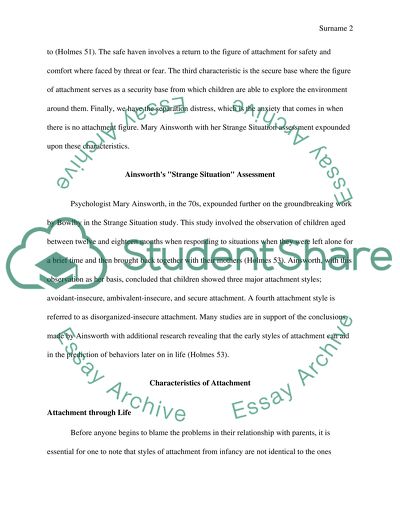Theories of Childhood Essay Example | Topics and Well Written Essays - 1250 words. Retrieved from https://studentshare.org/sociology/1480611-theories-of-childhood
Theories of Childhood Essay Example | Topics and Well Written Essays - 1250 Words. https://studentshare.org/sociology/1480611-theories-of-childhood.


